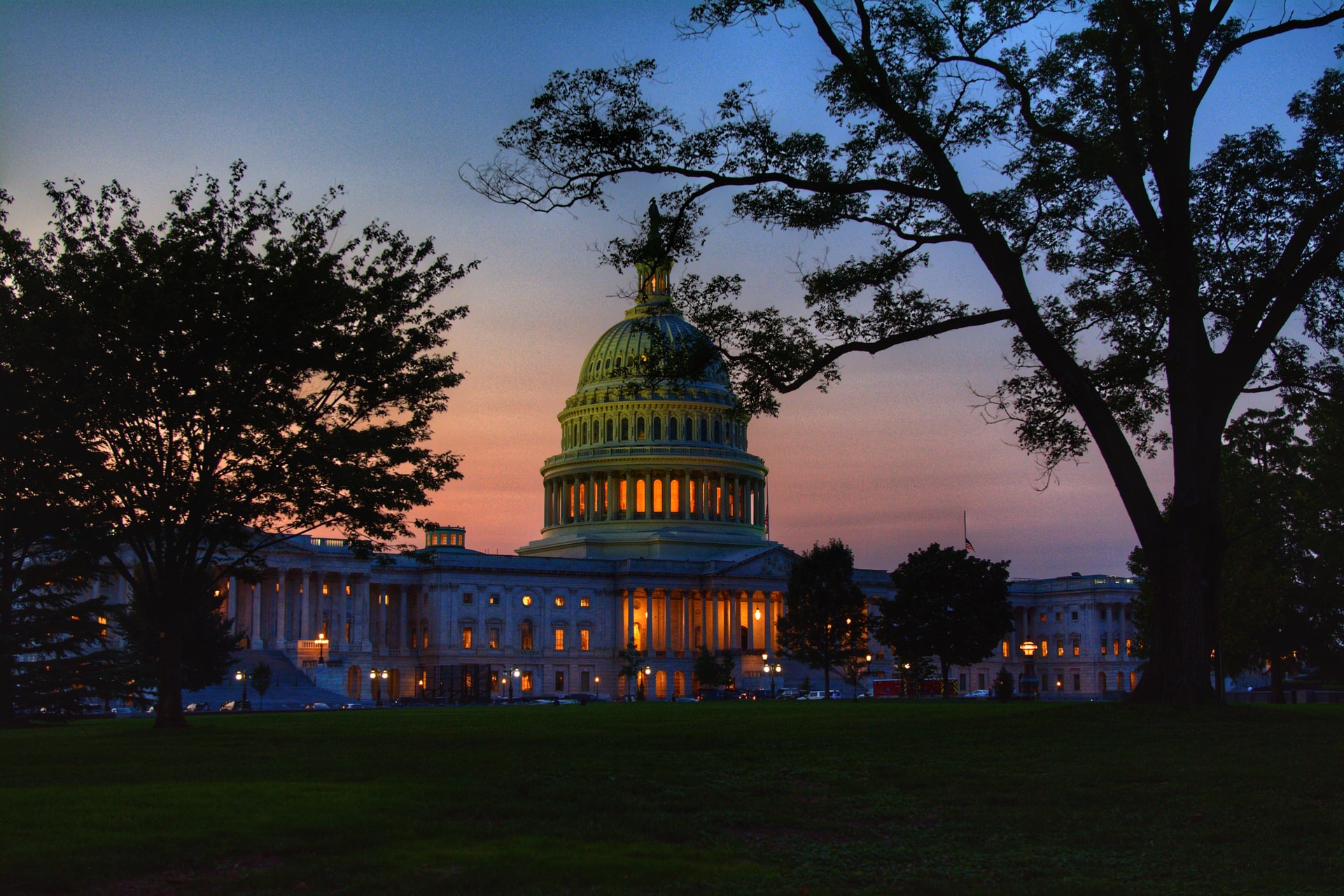President Biden’s Comprehensive Recovery Plan
US President Joe Biden’s Emergency Legislative Package stands to address multiple crises that the nation was already facing. And these predicaments were only further heightened by the pandemic.
Even before the pandemic struck, the US was burdened with a surge in job losses, a growing number were experiencing housing insecurity, and racial injustices had made a vengeful comeback. COVID-19 further heightened inequalities, largely widening the gap between the haves and have-nots in the country.
President Biden’s electoral victory offers an opportunity for his administration to rescue and recover the American dream. But it entails a mammoth task in the form of undoing several policies that the former administration had introduced.
Horasis believes the time is opportune for America to regain its position at the helm of world affairs. And the steps taken by the Biden administration rightly point towards recovering lost ground. Horasis is hosting the Horasis Extraordinary Meeting on the United States of America to bring together the best of minds to deliberate on the pressing issues of the time. The one-day virtual event will bring together 700 of the most senior members of the Horasis Visions Community. There will be attendees from the fields of business, government, academia and media and they will interact with the new US administration in shaping a shared global future.
The Recovery Plan
Biden’s recovery plan will focus on three broad areas:
- Developing a national vaccination program to contain the pandemic while effectively equipping schools to reopen safely.
- Help millions of affected American families by providing direct relief in the form of handouts and extending and expanding unemployment insurance benefits, while addressing the growing homelessness crisis.
- In addition, the government seeks to urgently address cybersecurity risks by expanding the Technology Modernization Fund to allow building of shared secure services and allow rapid hiring of cybersecurity experts.
Over 25 million Americans have contracted the virus and at least 440,000 have succumbed to the illness so far. Fair and equitable allocation of the vaccine will be a challenge for the nation. A whole-of-government approach has been announced, ensuring necessary medical supplies are available. Community vaccination centers, along with mobile vaccination units will be built to ensure the vaccine is easily accessible to every individual in the US. Meanwhile, an investment of $50 billion is called for to purchase testing kits, expand lab testing capabilities, and to implement equitable testing protocols for schools and local governments.
The plan takes a progressive approach by identifying long-term care facilities experiencing COVID-19 outbreaks and then controlling the virus infection in such hotspots. This was prompted by the fact that almost 40 percent of all COVID-19 related deaths were registered either among long-term care residents or workers in these facilities. In addition to state and local relief resources already provided to schools, President Biden is calling on Congress to provide $170 billion to facilitate school reopening and remote learning. This will ensure parents can return to work – a crucial component in the recovery plan.
Emergency Relief for American Families
Nearly one in four Americans lack access to paid leave – a problem further exacerbated by the fact that they fall under the low-income bracket. President Biden’s plan promises to provide emergency paid leave to 106 million more Americans to arrest the outbreak. The new administration is seeking to offer 14 weeks of paid sick, family, and medical leave, with up to a maximum of $1,400 per-week for eligible workers. Meanwhile, employers, state and local governments will be reimbursed for the cost of these leaves. These benefits have been extended till end September 2021.
Additionally, American working families will also be provided with a $1,400 per person hand-out as assistance towards household expenses like rent and groceries. This will enable the hardest hit communities cover their basic expenses, while stimulating the economy by way of increased spending at local businesses.
The US’ unemployment insurance programs have helped millions pay for their household expenses, but it will cease to include any new beneficiary starting mid-March. President Biden’s plan is calling on Congress to extend and expand such programs as the pandemic induced crisis continues and employment opportunities remain limited. The plan also calls for extending these benefits to self-employed workers, like drivers employed with aggregator apps since they are not typically eligible for such social security facilities.
In the coming months, the US could also face a growing homelessness crisis, implying over-occupancy of emergency shelter locations. This will only increase the chances of COVID-19 infections. President Biden’s plan calls on Congress to extend the eviction and foreclosure moratoriums until September 30, 2021, while providing an additional fund of $30 billion to hard-hit renters and land lords. Many of the seemingly advantaged have also fallen behind on their mortgage payments, and their ability to cover their personal housing expenses, also stands affected.
Further Strengthening of National Security
The plan also envisages the strengthening of US cybersecurity capabilities, while continuing the fight against COVID-19. President’s Biden’s plan calls for a $9 billion investment to upgrade federal IT and cybersecurity networks. This will help towards prompt responses to cybersecurity incidents.
Although President Biden’s administration has managed to develop a comprehensive plan, it will require unequivocal support from the Congress to come to fruition.




